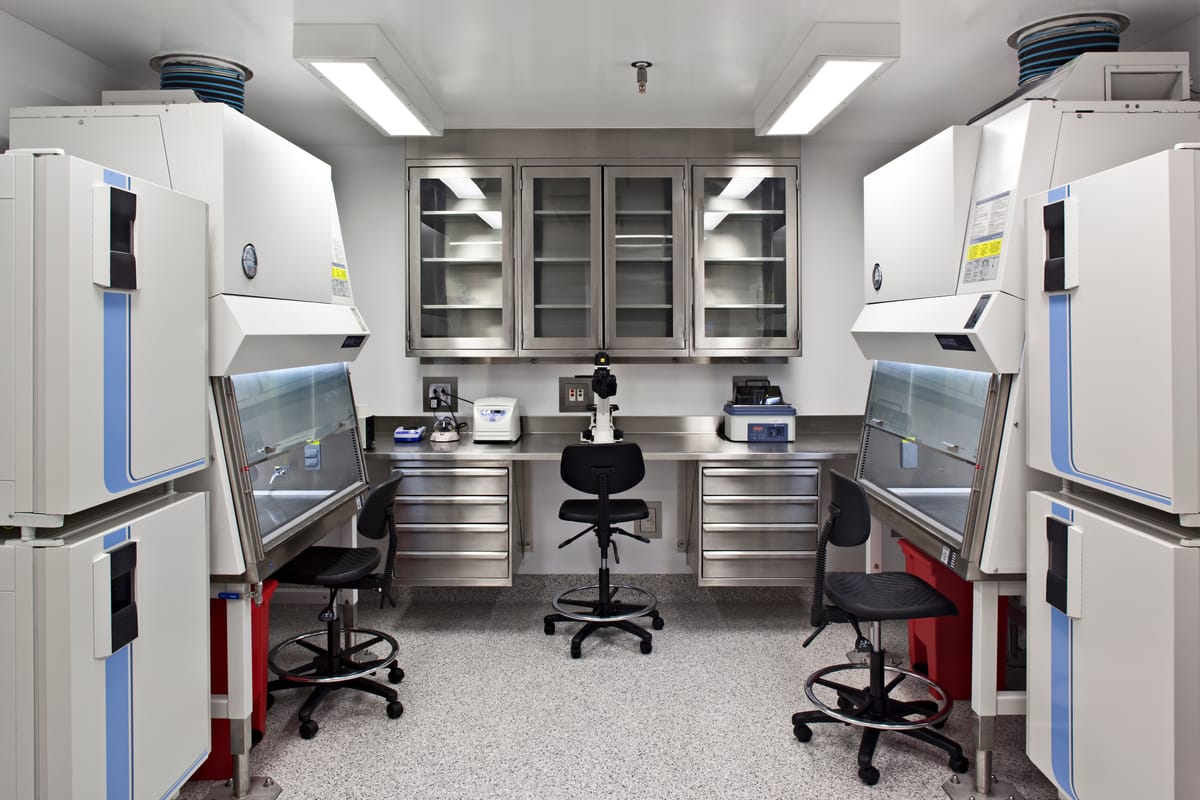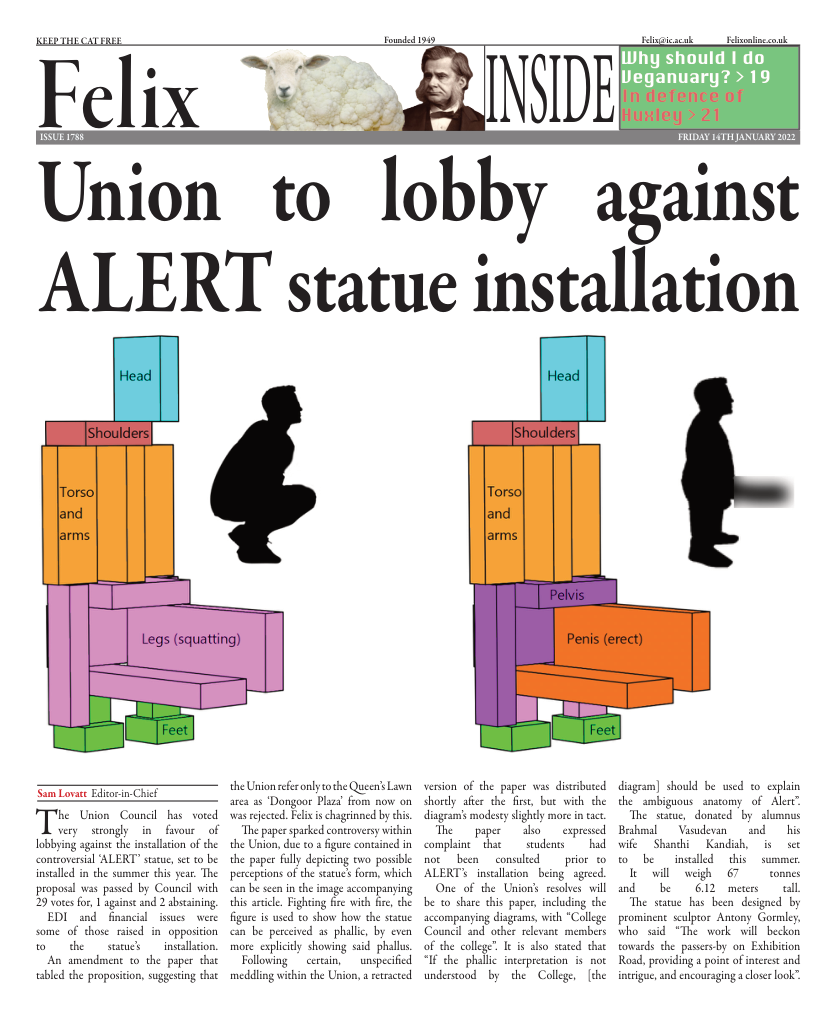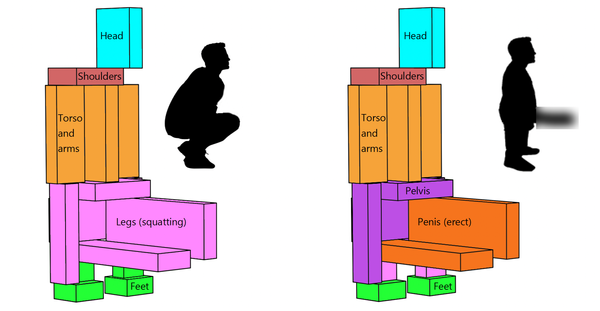£10 million Leverhulme Centre wins funding to investigate the ‘holobiont’
A new centre has been awarded £10 million to expand research into the relationship between large organisms and the microbiotia they play host to.

A new centre, funded by the Leverhulme Trust, has been awarded £10 million over 10 years to expand research into the relationship between large organisms and the microbiotia they play host to.
The centre is directed by Imperial Life Sciences’ Professor Thomas Bell, microbial ecology expert who still has yet to give me feedback on my tutored dissertation.
One of the Centre’s primary aims will be to develop a ‘Holobiont tree of life’, mapping the associations of microbes and larger organisms to identify patterns and suggest co-evolutionary relationships.
Another aim will be to further understand the effect of holobiont relationships on agriculture. Researchers will look at how different comensual microbes alter the physiology of crops, with the hope of reducing reliance on fertiliser and pesticides.
Though led by Imperial College scientists, the Centre will rely on partners across a network of nine other institutions. These are the Wellcome Sanger Institute, the EMBL’s European Bioinformatics Institute (EMBL-EBI), the Natural History Museum, Royal Botanic Gardens Kew, CABI, the Rosalind Franklin Institute, the Mary Lyon Centre, ZSL London Zoo, and the Tara Oceans Consortium.
Some Imperial researchers involved in the project will look at the effect of certain pesticides on the microbiotia of bees.
A ‘Holobiont’ (from the Greek ‘holo-’ meaning ‘whole’ and ‘biont’, a derivation of the Greek ‘bios’, meaning ‘life’) is the name used to describe a large organism and its associated microbes.
Mutualistic relationships between microbes and their hosts have occurred for millenia, and are being recognised as ever more important by the scientific community.
On the work that will be carried out through the Centre, Professor Bell said “There is growing recognition that microbes are essential for life, including providing protection against disease, and that the combination of organism and their microbes should be thought of as systems – a holobiont – rather than as individual entities in isolation.
“we can manipulate the relationship (between microbes and host) to save species from extinction, grow crops more efficiently, and a host of other applications we can’t predict”.
The Trust awarded a total of £30 million in investment to Imperial, Oxford and Cambridge-based research centres. The Trust said the investment is “designed to encourage original research which would establish or reshape a significant field of study and transform our understanding of an important topic in contemporary societies”. The two other research centres are ‘for Nature Recovery’ (Oxford) and ‘for Life in the Universe’ (Cambridge).
The Leverhulme Trust was set up following the death of soapmaker and philanthropist Lord William Hesketh Lever. Lever’s business merged with Margarine Unie shortly after his death to form Unilever, today a large multinational corporation.








